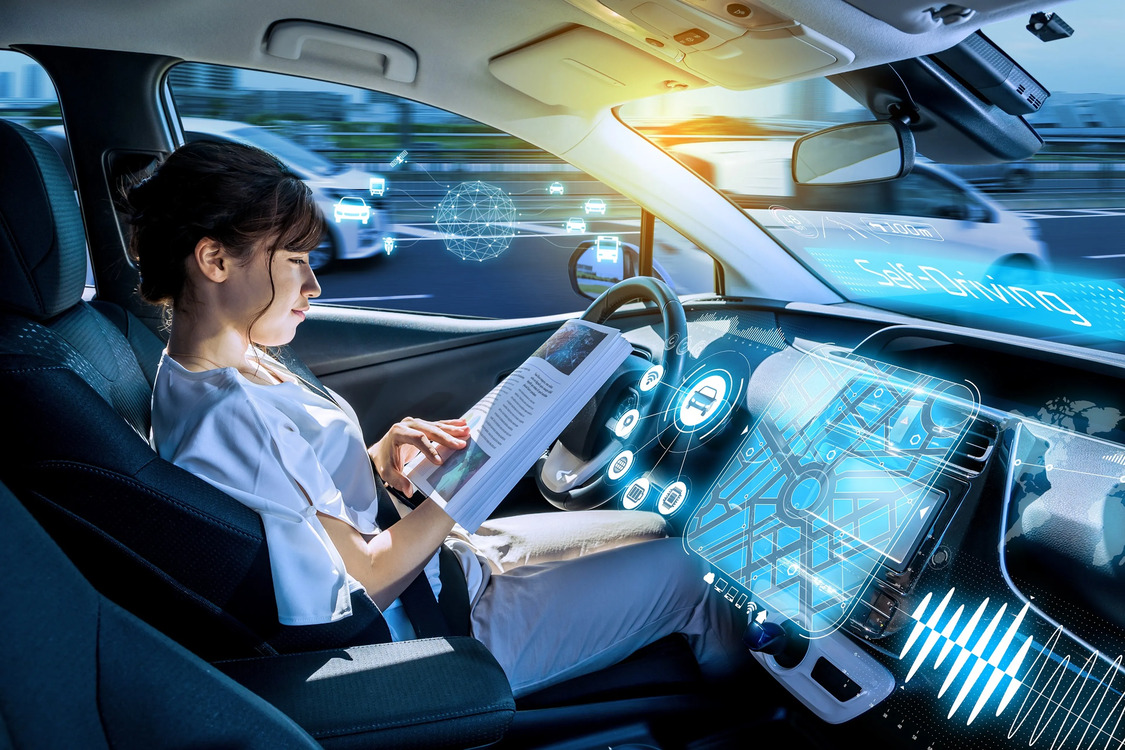
Future of
Corporate Websites
Future of
Corporate
Websites
How do corporations reimagine their websites and get a competitive edge? Our research and analysis identify 5 megatrends that are shaping the future.
Artificial Intelligence (AI) is transforming the web, reshaping user expectations and interaction patterns.
01
Hyper-Personalization: The End of One-Size-Fits-All Websites
Most corporate websites still operate like digital brochures – static, one-size-fits-all. They prioritize company structure over user needs. That’s changing. AI-powered websites now adapt in real time, reshaping layouts, content, and navigation based on user insights, their information journey and online behavior.
For example, AI-driven Information Architecture (IA) tailors navigation by surfacing frequently visited sections and offering proactive shortcuts.
Localization enhances relevance by adjusting imagery and content to reflect local cultures. Personalization is about precision. It happens at multiple levels: industry, audience type, geography, and ultimately, adapts in real time to individual user behavior to meet their needs instantly. The future isn’t just user-friendly – it’s user-specific.

02
AI Gravity: Where Websites Become Knowledge Power Houses
A website isn’t just for human visitors anymore – it needs AI Gravity. AI-powered search engines no longer just rank sites; they personalize, summarize, synthesize, and distribute information at scale. The stronger the site’s AI Gravity, the more the content is pulled into AI-driven search, shaping what users see, hear, and trust. Content strategy and structure matters.
Websites optimized for AI Gravity ensure their content is long-form, enriched with structured data, authoritative, fresh and ever-present. A website isn’t just a destination – it's the fuel for AI crawlers. Ignore AI Gravity, and you risk digital obscurity.

03
The Rise of Language Model Optimization (LMO)
SEO still matters, but it works alongside Language Model Optimization (LMO). AI-driven search engines don’t just scan for keywords; they interpret meaning, context, and authority. Ranking on page one? That’s outdated thinking. AI search prioritizes structured data, clear context, and authoritative sources. If the site’s content isn’t optimized for AI discovery – through metadata, expert-backed insights, and conversational clarity – it is less likely to surface.
That’s why not only strong SEO, but also LMO strategy is critical. By aligning content structure, data optimization, and AI-driven content strategy, businesses can ensure their digital presence remains both visible and valuable in a world where AI increasingly dictates visibility.

04
AI Agents: Turning Websites into Real-Time Assistants
Websites are evolving from static pages into AI-powered, interactive platforms. AI agents – like chatbots, intelligent search, and virtual assistants – help users navigate, troubleshoot, and make informed decisions instantly. For example, Siemens has implemented AI-powered website search to provide faster, more relevant results through intelligently connected content.
Websites no longer just display information – they actively assist, solve problems, and create seamless user experiences.

05
Predictive Analytics
The best user experiences aren’t reactive – they’re predictive. AI-powered analytics anticipate user needs before they even search, dynamically adjusting navigation, content, and recommendations based on their journey. Amazon exemplifies this approach. By analyzing user interactions, it personalizes web pages in real time according to decision journey needs – surfacing relevant products, order histories, and tailored recommendations.
This seamless adaptation not only improves engagement but also creates meaningful brand experiences and drives conversions. Think of it as personalization at scale. The next evolution of corporate websites isn’t just about engagement – it’s about foresight.

03/News
-

-

-

AI Reinvention
How AI Is Changing Media & Fan Experience